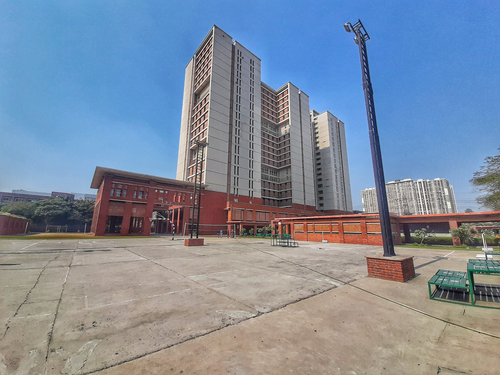
Evidence suggests that BNPL borrowers are increasingly having trouble paying off their loans, based on a report from one analyst who follows the U
The buy now-pay later industry is facing the biggest challenge of its young lifespan as difficult economic conditions weigh on retailers and consumers who began using the new financing option in the past decade.
Economic data released in recent days underscores the challenges that lie ahead for the BNPL industry. For one thing, consumers are getting squeezed by rising prices for household goods like food and gasoline, according to the U.S. Bureau of Labor Statistics. Also, Wall Street investment bank Goldman Sachs said there was a 30% chance that the U.S. will enter a recession within a year, double an earlier forecast of 15%.
Mizuho Americas Analyst Dan Dolev found that 30-day customer delinquency rates and total delinquencies for the buy now-pay later provider Affirm rose in May, pushing up the company’s borrowing costs.
Shares of BNPL operators, including Affirm and Sezzle, have been hammered in the stock market over the past year, indicating that investors aren’t sure about the industry’s future.The Australian BNPL player Zip, which has been expanding in the U.S., said recently that it is increasing the fees it charges merchants and customers that use its installment financing. Still, Zip insisted recently in a company statement that it is in solid financial shape, especially its U.S. division, with new retailers offering its service.
“Zip’s underlying business remains strong, with a solid pipeline of enterprise merchants coming onto the platform - including Qantas, eBay and Best Buy – and consistent customer growth and transaction volumes across core markets,” the company said in a June 22 release. “The U.S. business is resilient to a rising rate environment relative to credit cards and other consumer credit businesses.”
The company also noted that its planned acquisition of the U.S. buy now-pay later company Sezzle, announced in February, remains on track despite the trying environment. The company expects the current environment will increase demand for its services.
“In an environment where wage growth is falling behind heightened inflationary pressures, affordability becomes an even more important priority for consumers as they budget each month,” Zip Global CEO Larry Diamond said in the release.
Zip is currently unprofitable, as are other operators like Klarna and Affirm. With some competitors, including Afterpay and PayPal, the financial results are less clear because they’re part of broader businesses.
BNPL executives often speak of their service, which allows consumers to pay for purchases in installments over weeks, as a “budgeting tool” as opposed to a loan. They are also encouraging consumers to use them for ordinary household expenses such as groceries and gasoline, a tactic that personal finance experts say could put consumers in a debt spiral.
“As major retailers like Target and Amazon embrace BNPL, acceptance is becoming more universal — both online and in-store,” Jaime Toplin, senior analyst at Insider Intelligence, said in a press release. “At the same time, major (BNPL) providers like Klarna and Affirm are doubling down on apps that make it easier for customers to use BNPL.”
BNPL transaction value in the U.S. will grow by 77.3% to reach $75.60 billion, while sales will top $100 billion by the end of 2024, Insider Intelligence predicted.
The Swedish BNPL player Klarna, which is trying to expand in the U.S., said in May that it’s cutting 700 employees, which is about 10% of its workforce. CEO Sebastian Siemiatkowski blamed a host of external factors for the bad news that led Klarna to veer off course.
The BNPL market is increasingly competitive in the wake of Apple’s entry through the launch this month of Apple Pay Later, which allows users to split the cost of an Apple Pay purchase into four equal payments over a six-week period, with no interest or fees.
The Wall Street Journal reported last week that Klarna has had difficulty raising the $1 billion in new equity funding that it had targeted, causing the company to mark down its prior valuation as part of the process.
BNPL financing is expected to account for about $438 billion, or 5.3%, of global e-commerce transaction value by 2025, up from $157 billion, or 2.9%, in 2021, according to a March report from payments processor Fidelity National Information Services.
By Jonathan Berr on June 27, 2022
Original link
